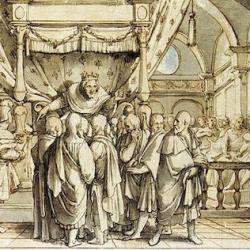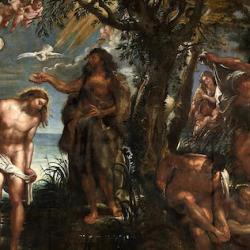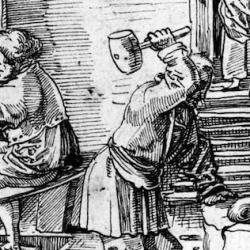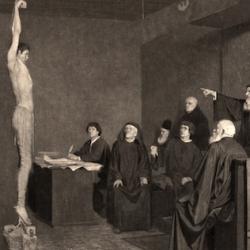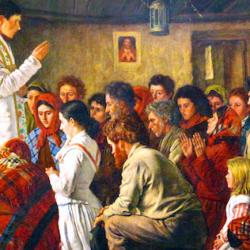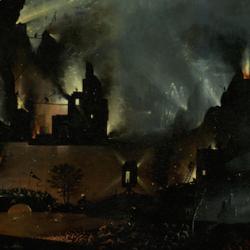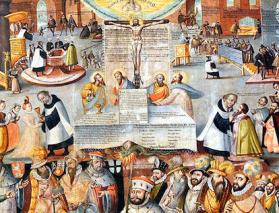Speech arises, Rosenstock-Huessy claims, from shock. The beauty of the world, the “it” outside us, shocks us with amazement, and loosens our tongues. A command from another confronts us and forces us to say Yes or No in response. Suffering evokes the cry of the “I.” If we confront beauty, command, and suffering together, all forms of speech are suspended, and we are left with the grammar of prayer. For Rosenstock-Huessy, speech is central because life is central, because experience... Read more


